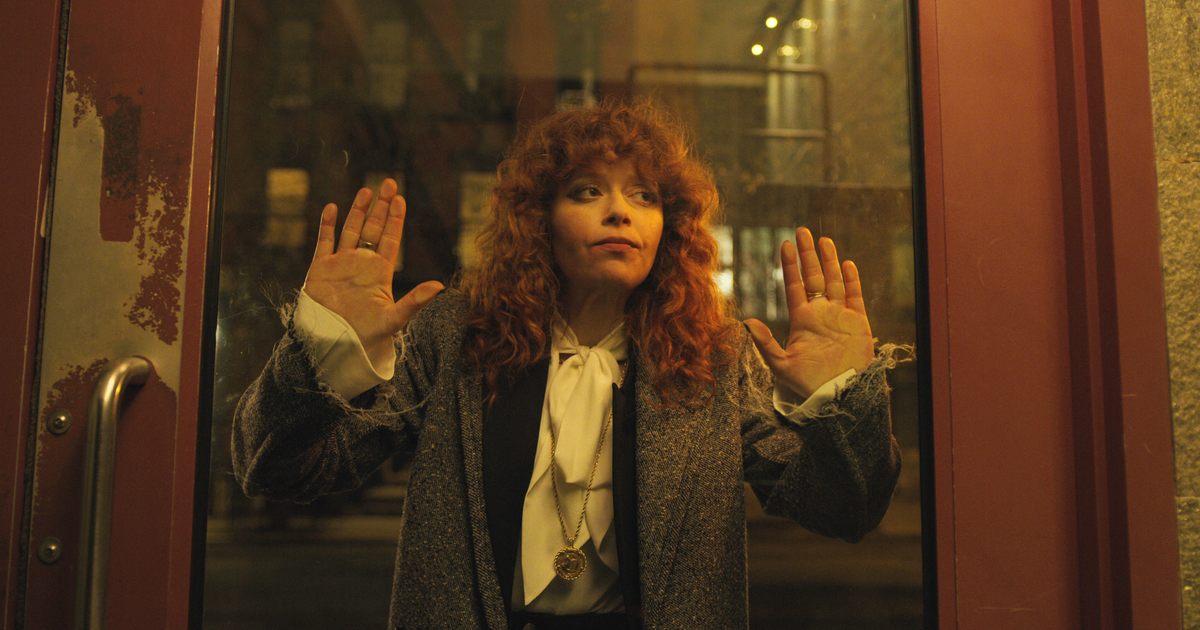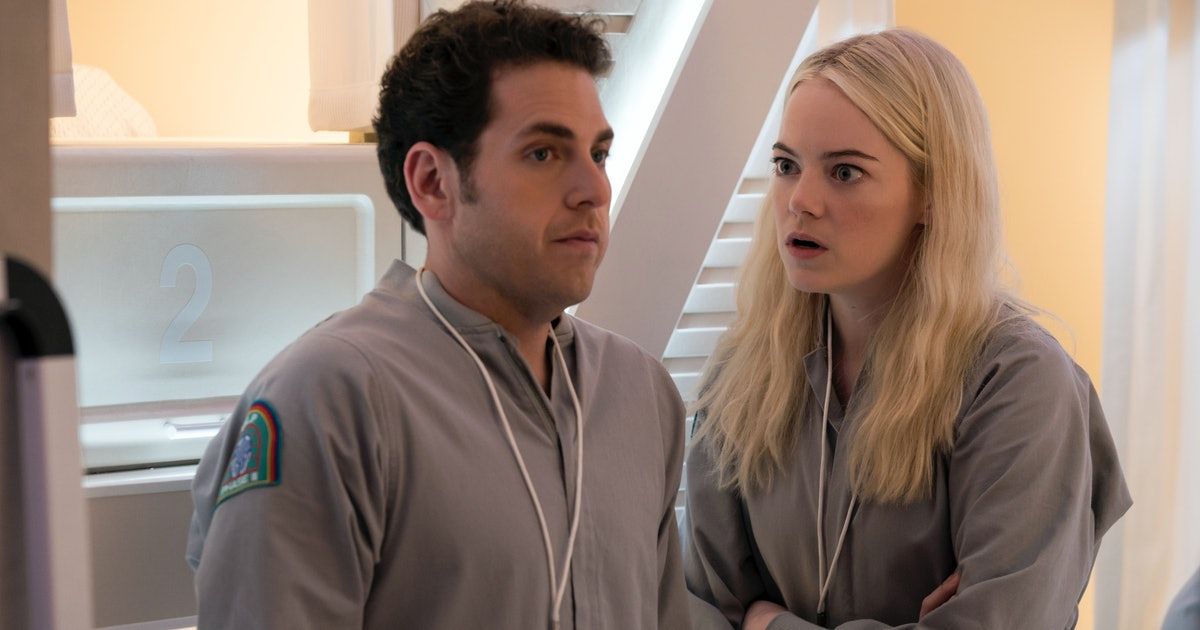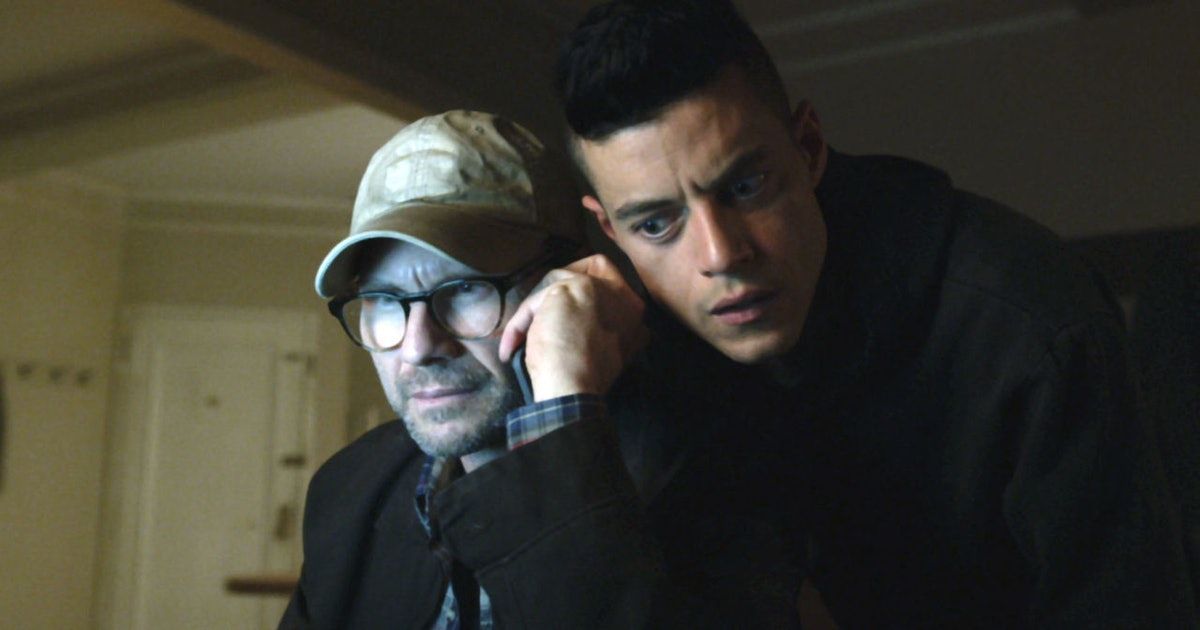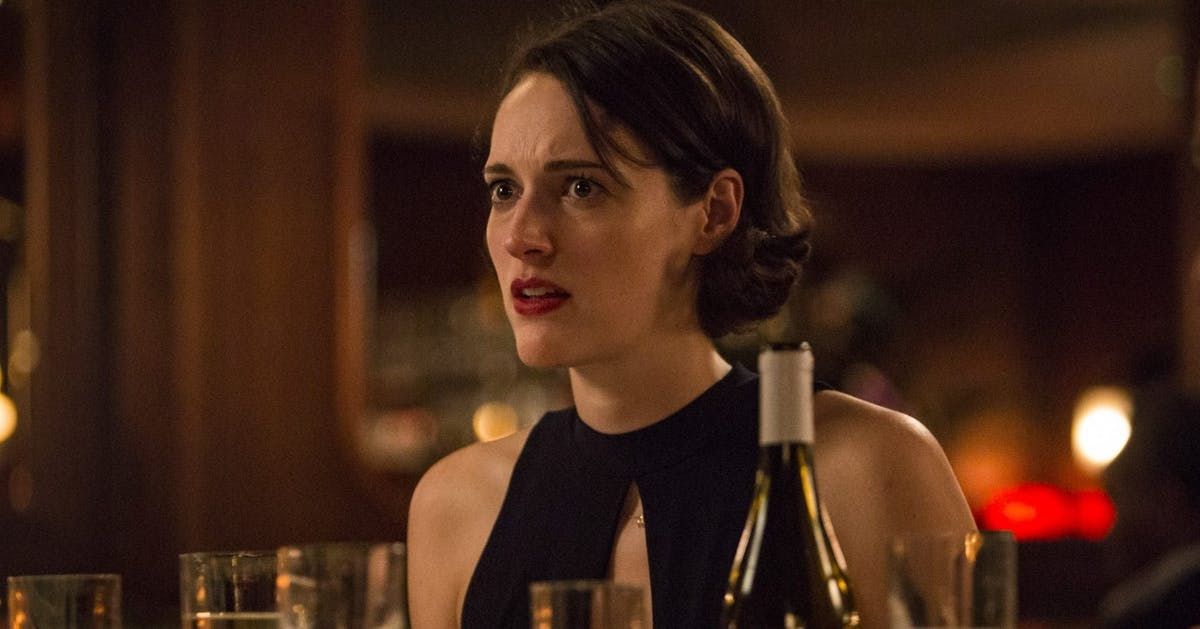Russian Doll has everything a fan of psychological comedy-dramas could ever want — a mildly unreliable narrator, an oncoming stream of unpredictable and vaguely ridiculous deaths, and at least eight metaphors for mental illness by the second. Maybe this is why the first season was nominated for four prime-time Emmy Awards, and was once described by The Guardian as “layer upon layer of dead-good TV comedy.”
Thankfully, the much-loved show has been greenlit for a second season, which has been set to appear on Netflix on April 20th, 2022, based on everything we know about it. In the meantime, here is a list of the best TV shows to watch if you enjoyed Russian Doll.
4 Maniac
In keeping with the theme of Netflix-prescribed psychological dark comedies, Maniac is a television miniseries released in 2018 that forces its viewer to question how comfortable one can possibly be while stuck on the inside of someone else’s mind, and if we really want to know what someone else is thinking. Though the show has a notable absence of Natasha Lyonne (a prerequisite for all television excellence), the presence of cerebral performances from the excellent Emma Stone and Jonah Hill as Annie and Owen makes this on par with the depiction of warped and deeply human intricacies in Russian Doll — not to mention the palpable supporting cast of Justin Theroux, Julia Garner, and Sally Field.
Following the tale of two strangers who meet during a pharmaceutical trial in semi-dystopian future New York, Maniac utilizes its tone of clinical detachment to portray various human issues about substance abuse, family dysfunction, long-standing mental illness, and above anything else, loneliness, through the myopic lens of the addle-brained scientific geniuses who want to save the world. It’s hard to imagine anything more depressing than being trapped in the same ominous day indefinitely, as Nadia Vulvokov and Alan Zaveri are in Russian Doll, but when it comes to the utterly brutal experience of reliving some of your worst memories as part of a chemically-induced clinical trial, Annie Landsberg and Owen Milgrim are the newest iteration of deeply troubled and yet deeply lovable characters on-screen.
3 Living With Yourself
We all want to be better people; to wake up earlier, to try harder at our jobs, to somehow manage to summon the energy required to be better partners to our significant others, to somehow find the motivation for self-improvement. Yet, if the opportunity to be replaced by our better versions were to land upon our doorstep, it’s unlikely many of us would be selfless enough to take it.
For Miles Elliot, the protagonist of Living With Yourself (played by Paul Rudd), it is only after undergoing a newfangled medical procedure in the middle of a strip mall that he begins to realize the true downsides of being replaced by his own picture perfect identity. In hopes of escaping his thankless job, rapidly deteriorating marriage, and unyielding self-hatred, Miles undergoes a sketchy and illegal procedure to upgrade himself into his “optimal” self, after seeing the perceptible effects on his once flawed but now new-and-improved acquaintances.
Soon, he awakes in the middle of the forest covered in a plastic bag, only to realize that instead of being transformed, he has been replaced by a clone of himself — a procedure that he was never intended to survive. While Living With Yourself could be perceived as slightly less technically proficient than the likes of Russian Doll, both shows hone in upon the psychological ache of self-hatred, and the cruelties we inflict upon ourselves over and over again when we believe we deserve it. After all, what are we as people trying to do, if not learn to live with ourselves?
2 Mr. Robot
Even down to the grungy red and blue color grading, Russian Doll and Mr. Robot bear striking creative and character-related similarities. In fact, it could be argued that if Nadia Vulvokov were a (presently) alive morphine addict who was mildly more into computer programming and mildly less into social interaction, she’d look a little something like Mr. Robot’s Elliot Alderson.
Featuring an all-star cast including Rami Malek, Portia Doubleday, and Christian Slater, Mr. Robot is the twenty-first century appeal to the end of the world. After splitting his time between working for a cybersecurity corporation named Allsafe and threatening criminals with their hacked information, Elliot Alderson as a character exists somewhere between the TV protagonist version of an antihero and a lost child, as he attempts to wrangle his mental health demons.
When the opportunity to join an anarchistic hacktivist group named “fsociety” designed to take down the world’s largest conglomerate, nicknamed “Evil Corp,” comes knocking at the door, it isn’t long before Elliot gets wrapped up in the task at hand. However, his trust in himself and his own experiences begins to unravel, leading the way to a variety of mind-bending and surreal experiences. If there was ever a TV character who could understand the depths of what Nadia and Alan were experiencing in Russian Doll, it would be Elliot Alderson.
1 Fleabag
Though Fleabag might not be as philosophically poignant as Russian Doll (at least in the context of the existence of a moral purgatory), it does depict a similarly witty and crude female lead character who tries to push through in spite of her long-suffering mental health. Before Phoebe Waller-Bridge’s exceptional success writing and producing the hit show Killing Eve, she created two hilarious British shows, Crashing and Fleabag. The latter utilizes Waller-Bridge’s writing and acting talents to depict the story of “Fleabag,” a grief-stricken young woman who uses humor, sex, and self-destructive tendencies to cope with her difficulty communicating vulnerability.
After undergoing various emotional hardships and a functioning disconnect with her family, Fleabag finds herself quietly imploding and stumbling around with various emotionally unavailable men as she tries to forgive herself for her transgressions — always with a crude joke and a sly side-eye to the camera. While the character of Fleabag has a much more tightly-buttoned English feel than the New York charm of Nadia Vulvokov of Russian Doll, both characters are frequently put into situations where their emotional struggles push them into places of immoral behavior, only seeking to isolate them further from the people who love them.





